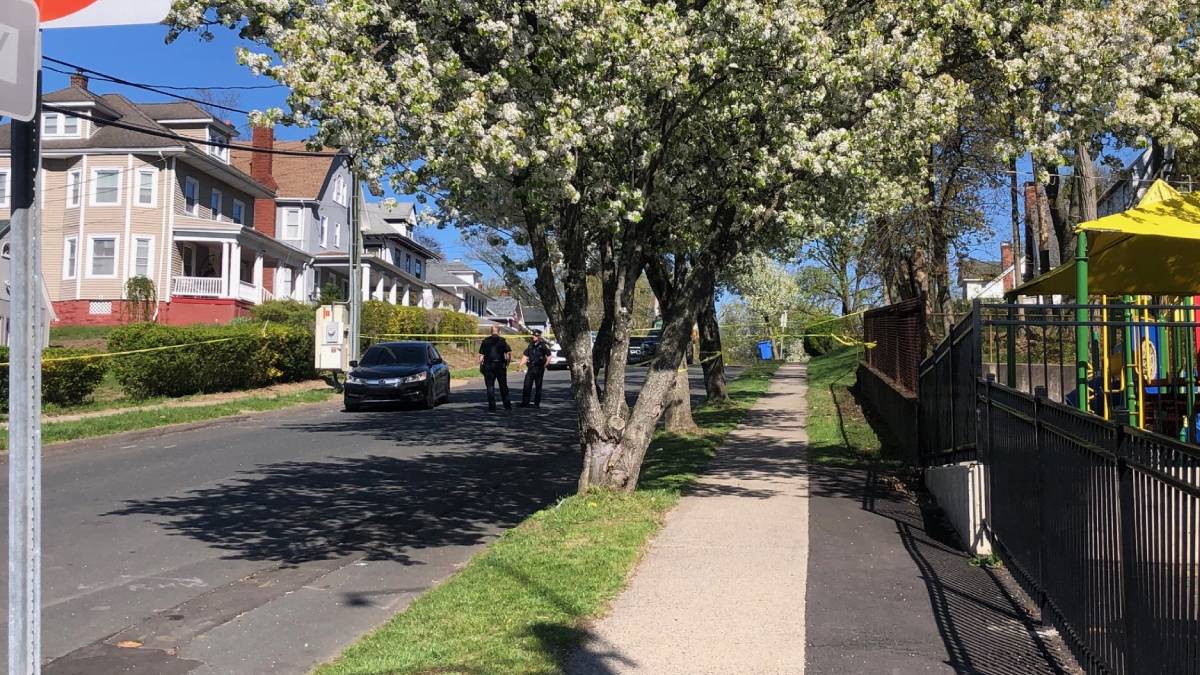The top Democrat in the Connecticut Senate, Sen. Martin Looney, proclaimed Wednesday that a budget deal that closely resembles the 2011 budget agreement might be needed in 2017.
That agreement led to $1.5 billion in tax hikes, in addition to spending cuts.
"I think that we need actually a plan that incorporates, as we had in 2011, a substantial number of cuts, some state employee concessions, and some new revenues,” said Looney, the President Pro Tem in the Connecticut Senate.
That 2011 budget helped to catapult Republicans to within seven seats of control in the Connecticut House of Representatives, and they’re now even in the Connecticut Senate, with 17 members.
Republican President Pro Tem Senator Len Fasano says a holistic approach to the budget process where every possible option is considered before tax increases.
“We’re going to watch out for taxpayers’ wallets and pocketbooks,” Fasano said. There's been numerous cuts, revenues are going down, I think this is going to be a very big challenge for this building because the plans get laid out but the revenues are not coming in."
The budget situation for the current fiscal year that ends in June isn’t as dire as predicted a year ago. Revenue estimates that were agreed to by the governor’s administration, the Office of Fiscal Analysis, and Comptroller Kevin Lembo concluded that the state is currently on track to end with as much as $56 million in revenue growth. However, the budget is based on one-time revenue, and will not be in balance the moment the 2018 fiscal year begins in July.
Local
The 2018 and 2019 fiscal years are each projected to be out of balance by about $1.5 billion, which is what has led to the renewed talk of possible tax increases, spending cuts, and concessions from organized labor.
The Malloy administration tried and failed last year to negotiate new wages and benefits with the state’s bargaining units, but the unions said, “no.” The problem, Gov. Malloy says, is that the most recent budget was based on some level of concessions which didn’t materialize.
"When you talk about what the size of what the potential deficit is, people are ignoring the fact that we don't have a contractual basis to pull off some of the things the legislature built into the budget last year,” he said Wednesday.
The first look at what the state’s budget could look like for the next two years will be unveiled next month by Gov. Malloy.



